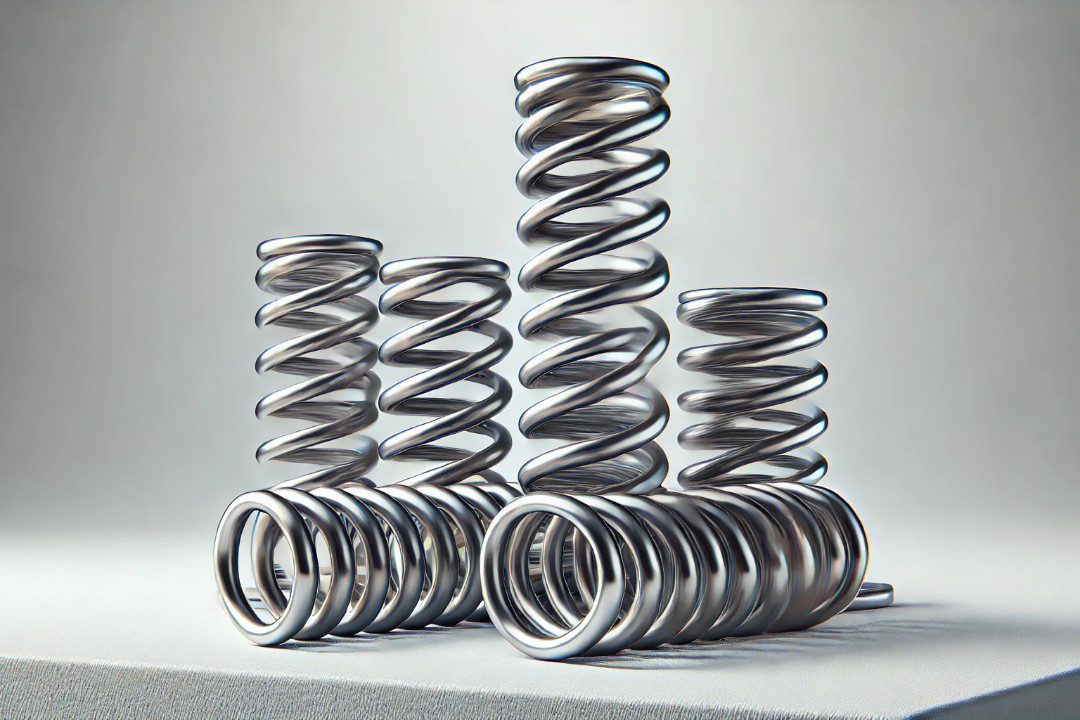Views: 0 Author: Rachel Wynn Publish Time: 2025-05-29 Origin: Site











Inconel® alloys, especially 718, 625, and 600, are engineered to perform in the most demanding industrial environments. Known for their excellent heat resistance, oxidation resistance, and mechanical strength, these superalloys are widely used in aerospace, chemical processing, marine engineering, and energy industries.In this article, we’ll explore the most common applications of these Inconel grades — and help you identify the best alloy for your project.
Inconel alloys are designed for severe service environments. While common metals degrade under high temperatures or corrosive chemicals, Inconel maintains its structure and resists deformation. This makes it ideal for applications where failure is not an option—such as turbine engines, nuclear plants, and subsea pipelines.
Exceptional resistance to high temperatures (up to 1300°C depending on grade)
Corrosion resistance in aggressive environments (chlorides, acids, seawater)
High strength and stress tolerance
Reliable performance under pressure and thermal cycling
Below is a detailed comparison of the most widely used Inconel alloys, their composition, operating temperature range, mechanical properties, and typical applications:
| Grade | Key Features | Max Service Temp (°C) | Tensile Strength (MPa) | Common Applications |
|---|---|---|---|---|
| Inconel 718 | High strength, excellent fatigue resistance, weldable | 700 | 1240–1380 | Jet engines, gas turbines, cryogenic tanks, aerospace fasteners |
| Inconel 625 | Outstanding seawater and acid corrosion resistance | 980 | 827–965 | Offshore oil & gas, chemical plants, heat exchangers, marine fittings |
| Inconel 600 | Good oxidation resistance at high temperatures | 1175 | 655–785 | Furnace parts, heat treatment equipment, food processing |

Inconel 718 is the gold standard in the aerospace sector. Its exceptional creep resistance and strength under high heat make it ideal for turbine blades, engine casings, and fasteners.
Inconel 625 resists pitting and stress corrosion in seawater, making it a top choice for risers, pumps, and valves used in deep-sea oil and gas extraction.
Inconel 600 is widely used in high-temperature oxidizing environments like nuclear fuel element spacers, steam generators, and boiler tubes.
Both Inconel 600 and 625 are highly resistant to acids (nitric, hydrochloric, phosphoric), making them suitable for reactors, separators, heat exchangers, and piping.
In high-performance automotive applications, Inconel is used for exhaust manifolds and turbocharger rotors where heat tolerance and fatigue strength are essential.
| Property | Inconel 718 | Stainless Steel 316 | Titanium Grade 5 |
|---|---|---|---|
| Max Temp Resistance (°C) | 700 | 870 | 400–500 |
| Corrosion Resistance | Excellent in all environments | Excellent (esp. chlorides) | Good (less in acids) |
| Strength-to-Weight Ratio | High | Moderate | Very High |
| Cost | High | Low to moderate | High |

The most popular Inconel grades are 718 (for aerospace and high-stress applications), 625 (for marine and chemical environments), and 600 (for high-temperature and oxidizing settings).
Yes—Inconel outperforms stainless steel in extreme environments. It retains strength and corrosion resistance at much higher temperatures, though at a higher cost.
Yes, although it's harder to machine than steel. Inconel 718 and 625 offer excellent weldability with proper techniques and tools.
No, most Inconel alloys are non-magnetic, which is ideal for sensitive instrumentation and electronics.
Aerospace, marine, oil & gas, nuclear energy, and chemical processing industries rely heavily on Inconel for components that require exceptional durability and corrosion resistance.
When the cost of failure is high, Inconel is the material of choice. Whether you need to withstand 1000°C in a jet engine or resist seawater corrosion 3,000 meters underwater, alloys like Inconel 718, 625, and 600 provide unparalleled performance. Their versatility, reliability, and longevity make them worth the investment for mission-critical industries.






